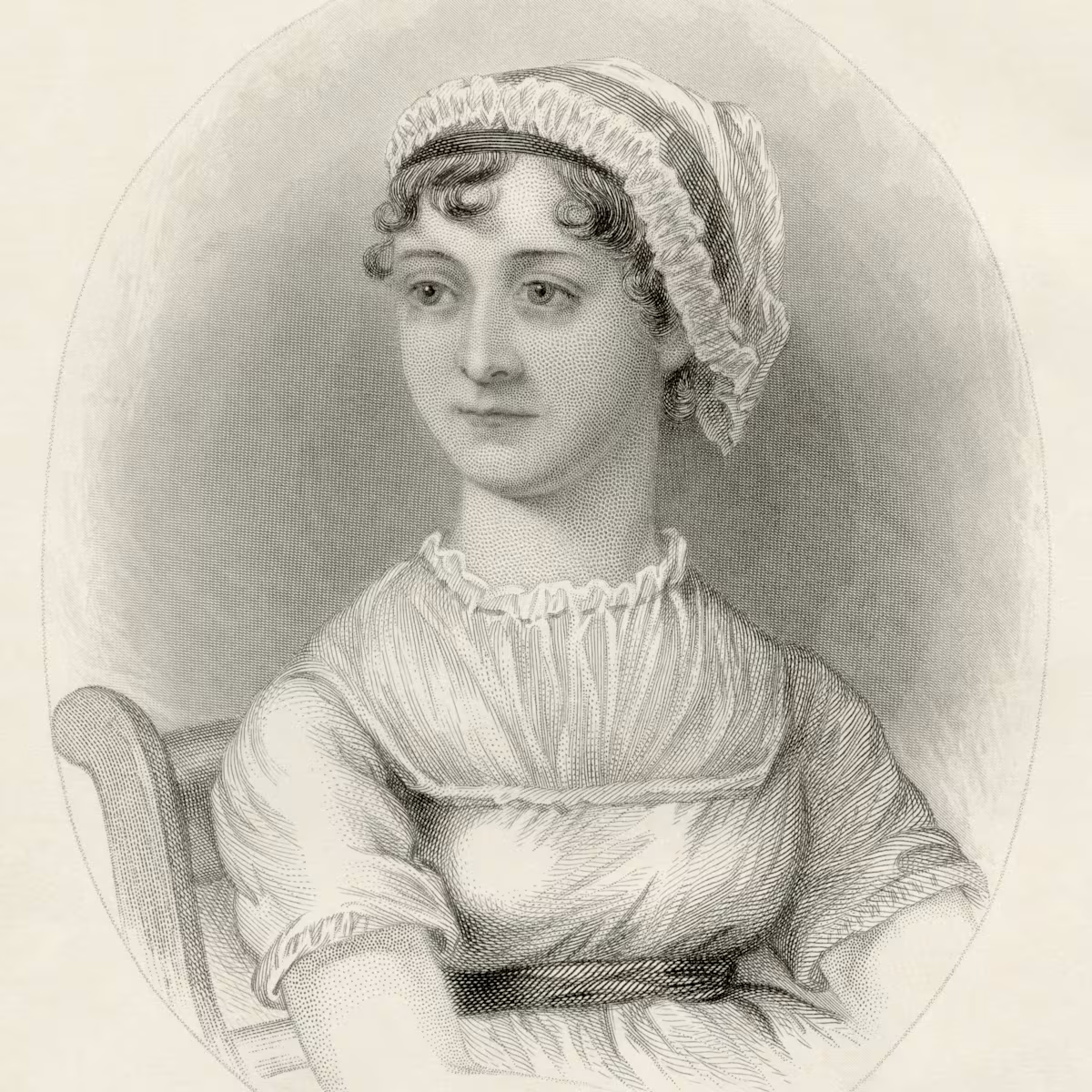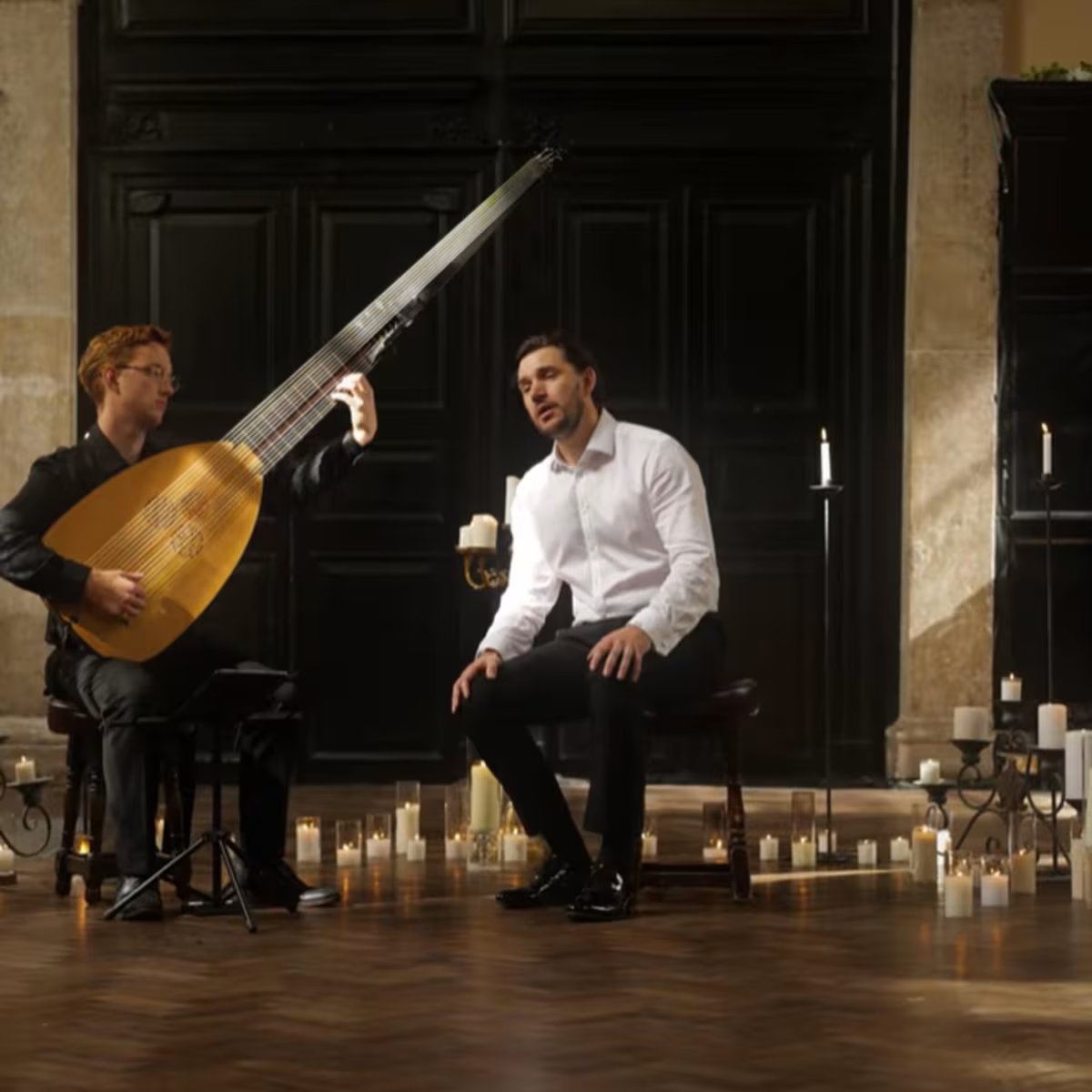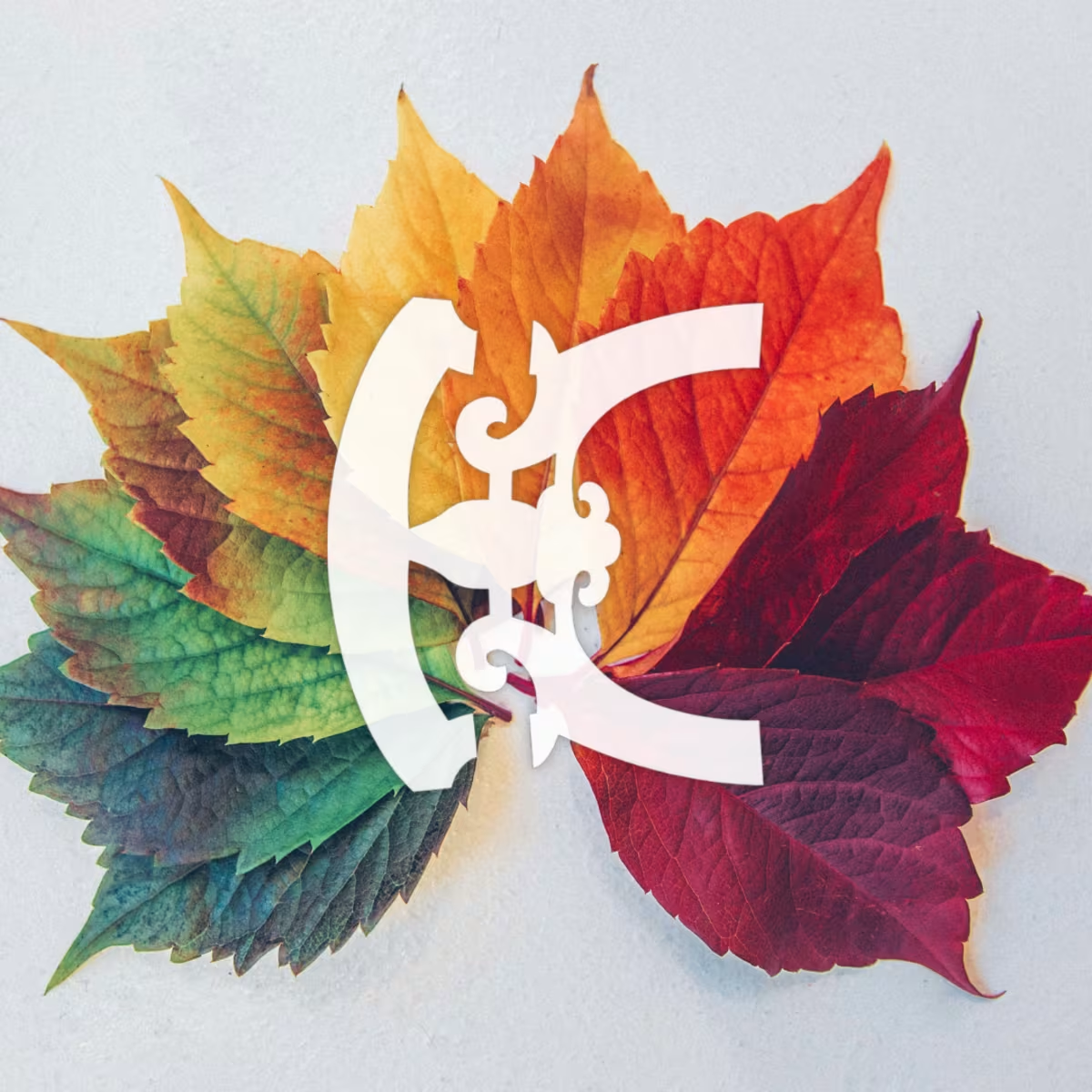Feature
Erik Bosgraaf: The New Man at LIFEM
Share this

FIRST PUBLISHED 10 NOV 2024
“LIFEM is more like a village than a festival. It's a meeting place, not just for performers but for makers, publishers, everyone in the business, then there are the concerts, masterclasses, as well as the competition,” says Erik Bosgraaf, the recorder virtuoso who has taken on the task of directing the artistic side of the London International Festival of Early Music (LIFEM) in 2024. The festival has moved around the capital over its fifty-one years, starting at the Royal College of Music in 1973, then moving into the halls of the Royal Horticultural Society, close to Vincent Square in Westminster.
These days it has found a home for four days each November in Blackheath Halls, which date from 1895 and are now part of the Trinity Laban Conservatoire. LIFEM has evolved in a very different way from most festivals. With a close relationship with the Early Music Shop, the festival was originally a showcase for the emerging market in modern reproductions of early instruments and the music to play on them. When the shop itself, now owned by Chris Butler, moved out of London to Snape, the festival in Blackheath became its annual migration back. Now it is a much wider showcase, with more than 70 trade exhibitors from around the world presenting their wares, and the festival has become a self-standing organisation. LIFEM describes itself as 'a hub of early-music activity with makers, professionals, amateurs and early-music lovers being able to share their knowledge and learn the newest and most exciting developments in the early music world'.
Erik Bosgraaf explained that last year he was President of the jury for the biennial SRP/Moeck Solo Recorder Competition, and he performed as a soloist with Wrocław Baroque Orchestra. He played his version of the Four Seasons for recorder, and conducted other concertos. “Chris Butler kindly offered for me to come over a few days earlier to look at everything, which I did, and then he asked me to be Artistic Director. I will be looking to give it a stronger artistic profile and see where we can take the Early Music scene in London.” The festival began with the filoBarocco ensemble, exploring the Polish folk music that Telemann encountered when he was working in Zary, halfway between Wrocław and Berlin.

“Many festivals have such a generic theme that it means nothing, but a good one can give the programme unity of a sort. We are looking at the art of the variation because in early music that implies improvisation, which gives the audience a feeling of complicity with the performers.” The theme is given prominence in a concert by the gamba player Robert Smith, and the multi-instrument (baritone, harpsichord, lute and harp) musician Nicolas Achten. As well as works by Tobias Hume (1579-1645) and John Jenkins (1592-1678), the festival commissioned a new work from Matijs de Roo (b.1977): Tombeau pour Monsieur Rihm, in commemoration of the German composer Wolfgang Rihm, who died in July 2024.
In 2024 Bosgraaf, Smith and the baroque flautist and podcaster Darina Ablogina judged the other biennial competition, for young ensembles. “At the moment,” Bosgraaf says, “the competition is for early-career professionals. I would love to have one for teenagers. It's important to make that connection so that they don't drop out when they leave school. They need to meet their peers and get a sense of our community.”
Bosgraaf's own career also has several strands. As well as recorder, he also plays the harpsichord and conducts. His versatility has taken him into many genres and all over the world. In the Netherlands he founded a trio, Cordevento, and has formed a strong partnership with the violinist Zefira Valova, often performing at the Sofia Baroque Arts Festival in Bulgaria, which she directs. “I love playing with Zefira,” he says. “She has been leading ensembles since she was 16.”
Nicolaes a Kempis played by Erik Bosgraaf & Ensemble Cordevento
He has also become a regular in Mexico at the Guanajuato Bach Festival, conducting as well as playing. “I've been there six or seven times, and I love it.” He says, “My conducting started naturally from leading rehearsals. I try not to conduct in an authoritarian way, just making sure to lead energies in a common direction. Good conducting is about being adaptable because different groups respond differently to the same directions. As a conductor you may have to be mechanistic, but it is sometimes better if you can solve problems without working on them directly, by coming at them from a different direction.”
For 2025 he says, “next year is Boulez year. I worked with him and he was so kind and trusting. I'm playing Dialogue de l'ombre double at the Cologne Philharmonie in March.” He then goes to Taiwan in April, performs Mozart in Krakow and Rotterdam, and will be recording a double CD of works by Telemann. “Even so,” he says, “it is going to be less frantic than this year. It was great to fill up the diary after COVID but I think we all took on a bit too much.”
For more of Erik Bosgraaf’s performances, visit his YouTube channel.
Author: Simon Mundy

Share this
Keep reading

Senses, scores and square pianos
Ahead of Jane Austen’s 250th birthday on 16 December this year, Simon Mundy caught up with performers on their respective Austen-inspired projects.

Bellot Ensemble | Monteverdi: ‘Oblivion soave’
Tenor Kieran White, joined by Daniel Murphy on theorbo, performs Arnalta’s aria, ‘Oblivion soave’ from Monteverdi's ‘L’incoronazione di Poppea’.

Playlist: The Seasons
Journey through musical depictions of the four seasons, from Vivaldi’s best-loved concertos to other seasonal works by Purcell, Guido, Simpson, Haydn and more.


